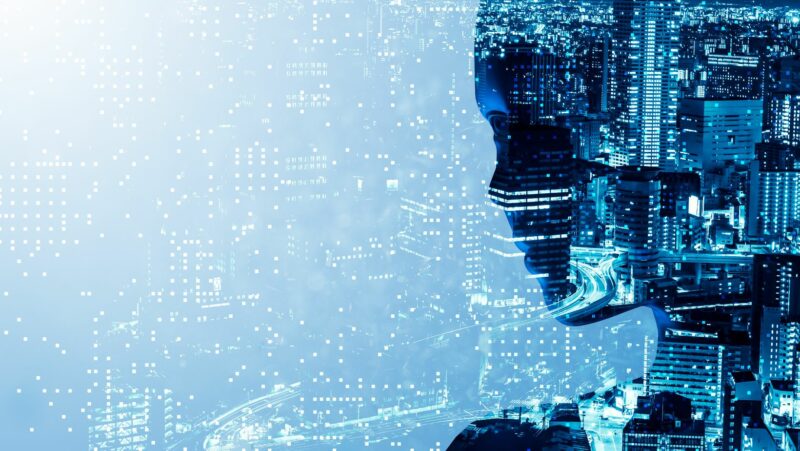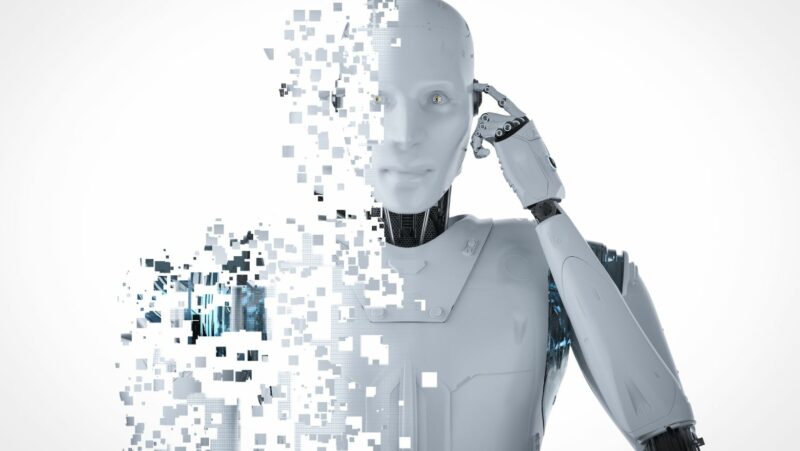
The relationship between artificial intelligence (AI) and education is one that is rapidly evolving. AI is rapidly becoming part of the education landscape, and its potential to revolutionize how students learn and how teachers can teach provides an opportunity so great that you’ll forget about using your Hellspin login. Designers, teachers, and researchers are working to develop educational technologies that use AI to help students learn more effectively, more quickly, and with more personalized experiences. This article will discuss how AI will be integrated into education in the future and the potential of this integration.
The potential of AI in education lies in its ability to provide students with a personalized learning experience. AI can be used to assess a student’s individual capabilities and tailor instruction to maximize their learning potential.
By using a variety of AI-driven data points, such as a student’s history with a particular subject, a student’s past performance, their current level of knowledge, and their past performance on certain topics, AI can tailor instruction to match the needs of the individual learner. AI systems can also be used to detect patterns in student learning and use this insight to further improve the learning experience for each student. Another key area where AI will be integrated into education is the use of intelligent tutors. AI-powered tutors are computer programs that are able to assess a student’s knowledge and skills and then provide appropriate instruction and feedback.
These tutors can provide timely, customized instruction to help students make progress in their studies. Intelligent tutors can also provide feedback on how well a student is mastering a particular concept. They can also track a student’s progress and provide timely intervention to help the student stay on track. AI-driven technologies can also be used to generate meaningful analysis and insights into the learning process. By tracking students’ interactions with the learning material and providing data-driven feedback about their learning progress, teachers can determine what types of activities are most effective for their students and adjust their teaching style accordingly. AI systems can also help assess classroom effectiveness and report on areas that could be improved.
Moreover, AI can also be used to improve assessments and find new ways to measure student progress. By taking data from a variety of sources, AI can provide a more comprehensive evaluation of student performance and assess the effectiveness of particular teaching methods. This will enable teachers to quickly adjust their teaching strategies and ensure students are learning more effectively. AI technologies may even become capable of automatically adapting to students’ levels of understanding, skipping material that is too simple and details that are too complex, and providing more personalized instruction.
AI could also be used to provide virtual support to students. AI chatbots can provide instant responses to students’ questions and direct them to the best resources available. AI-powered personalized learning assistants can also be used to monitor student progress, provide timely reminders, and tailor instruction to each student’s needs. Finally, AI will also be used to analyze large data sets. By taking data from a variety of sources, such as social media, educational institutions, and learning platforms, AI can be used to gain insights into student behaviors and learning patterns. This data can then be used to further improve how students learn and how teachers teach.
Key Takeaways
In summary, AI is already transforming the education landscape, and its potential is huge. AI-driven technologies can be used to provide students with personalized learning experiences, track their progress, and generate meaningful insights into their learning process. Intelligent tutors, virtual support systems, and data analytics can all be used to further improve the learning process and ensure students are learning in the most effective way possible. As AI technologies become more advanced, their integration into the education sector will only become more significant, and our schools and universities will become even more capable of providing students with an effective, personalized learning environment.

